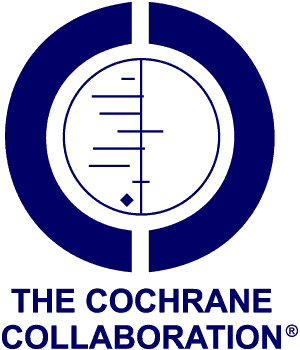

Little evidence guides depression treatment for cancer patients. To examine the effectiveness and cost-effectiveness of supplemental care provided by nurse care managers, researchers in the U.K. focused on a heterogeneous group of depressed cancer patients with a prognosis of at least 6 months.
After a two-stage screening and diagnostic interview, 200 patients meeting DSM criteria for major depression were randomized to usual care plus the intervention or to usual care only; another 134 patients refused to participate. The nurses delivered 3 months of psychoeducation (including promoting adherence to antidepressant regimens) and problem-solving therapy (to improve coping skills) and communicated with primary care physicians and oncologists; another 3 months consisted of telephone follow-up. Patients doing poorly could receive booster sessions. Intervention patients averaged seven sessions (only 3 attended no sessions), mostly at the cancer center. Telephone diagnostic interviews supplemented self-ratings.
Overall, 11% of patients saw mental health specialists. Depressive symptoms improved more in intervention patients than in controls at 3 months (effect size, 0.43); improvement persisted at 12 months. Significantly more intervention patients took therapeutic doses of antidepressants (supplied by primary care physicians) at 3 months (69% vs. 42% of controls) and 6 months (65% vs. 34%). Intervention patients showed greater rates of response (53% vs. 34%) and remission (29% vs. 14%) at 3 months and greater improvements in fatigue and anxiety. The intervention cost US$670 over 6 months, with a cost per quality-adjusted life-year (QALY) of US$10,556.
Comment: A simple delivery mechanism can improve depression outcomes in cancer patients, with a cost per QALY that compares favorably to that of many cancer treatments (often, $20,000 per QALY). Diagnostic interviews verified self-ratings and eliminated self-report bias. Limitations were the exclusion of poor-prognosis patients and the refusal to participate by 40% of eligible patients (although this is typical of the standard clinical trial). Because depression is often overlooked in cancer patients or is attributed to the stress of having cancer, this study has high public health importance.
Published in Journal Watch Psychiatry July 14, 2008
Citation(s):
Strong V et al. Management of depression for people with cancer (SMaRT oncology 1): A randomised trial. Lancet 2008 Jul 5; 372:40.
Medline abstract (Free)




Brak komentarzy:
Prześlij komentarz